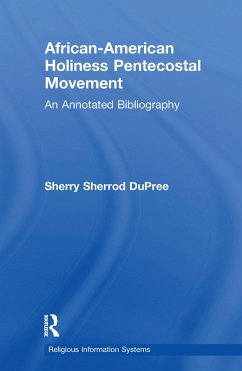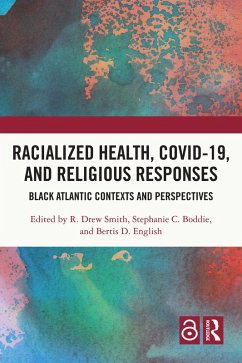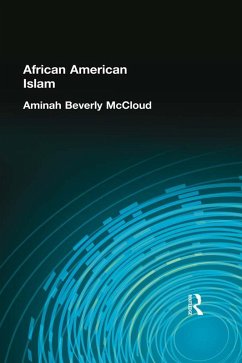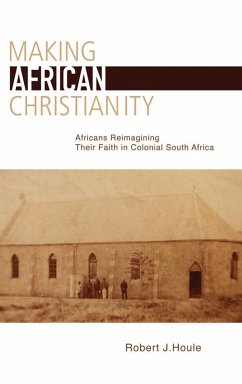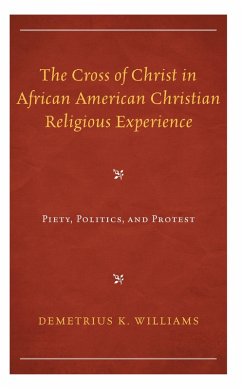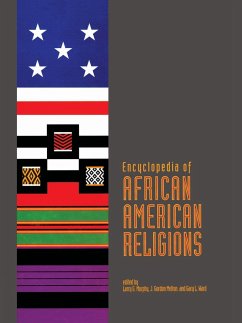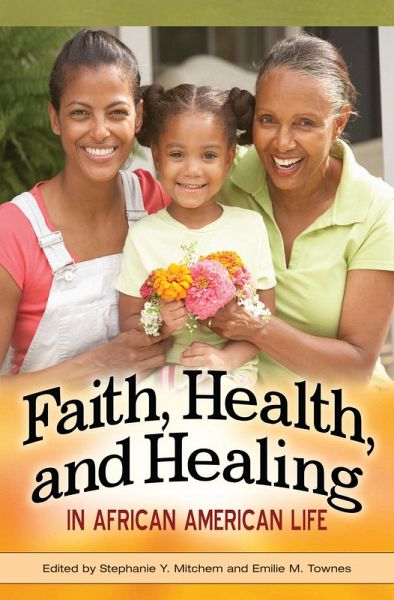
Faith, Health, and Healing in African American Life (eBook, PDF)

PAYBACK Punkte
20 °P sammeln!
Black Americans are more likely than Whites to die of cancer and heart disease, more likely to get diabetes and asthma, and less likely to get preventive care and screening. Some of this greater morbidity results from education, income level, and environment as well as access to health care. But the traditional medical model does not always allow for a more holistic approach that takes into account the body, the mind, the spirit, the family, and the community. This book offers a better understanding of the varieties of religiously-based approaches to healing and alternative models of healing a...
Black Americans are more likely than Whites to die of cancer and heart disease, more likely to get diabetes and asthma, and less likely to get preventive care and screening. Some of this greater morbidity results from education, income level, and environment as well as access to health care. But the traditional medical model does not always allow for a more holistic approach that takes into account the body, the mind, the spirit, the family, and the community. This book offers a better understanding of the varieties of religiously-based approaches to healing and alternative models of healing and health found in Black communities in the United States. Contributors address the communal aspects of faith and health and explore the contexts in which individuals make choices about their health, the roles that institutions play in shaping these decisions, and the practices individuals engage in seeking better health or coping with the health they have. By paying attention to the role of faith, spirit, and health, this book offers a fuller sense of the varieties of ways Black health and health care are perceived and addressed from an inter-religious perspective. Community and religion-based initiatives have emerged as one key way to address the health challenges found in the African American community. In cities such as Atlanta, Baltimore, Dallas, and Oakland, residents organize exercise groups, teach one another how to cook with healthy ingredients, and encourage neighbors to get regular checkups. Churches have become key sites for health education, screening, and testing. Another set of responses to the challenge of Black health and healthcare in the United States comes from those who emphasize the body as a whole-body, mind, soul, and spirit, often drawing on religious traditions such as Islam and African-based religions such as Spiritism, Santeria, Vodun (aka Voodoo), Candomblé, and others. Understanding the issues and the various approaches is essential to combating the problems, and this unique volume sheds light on areas often overlooked when considering the issues.





